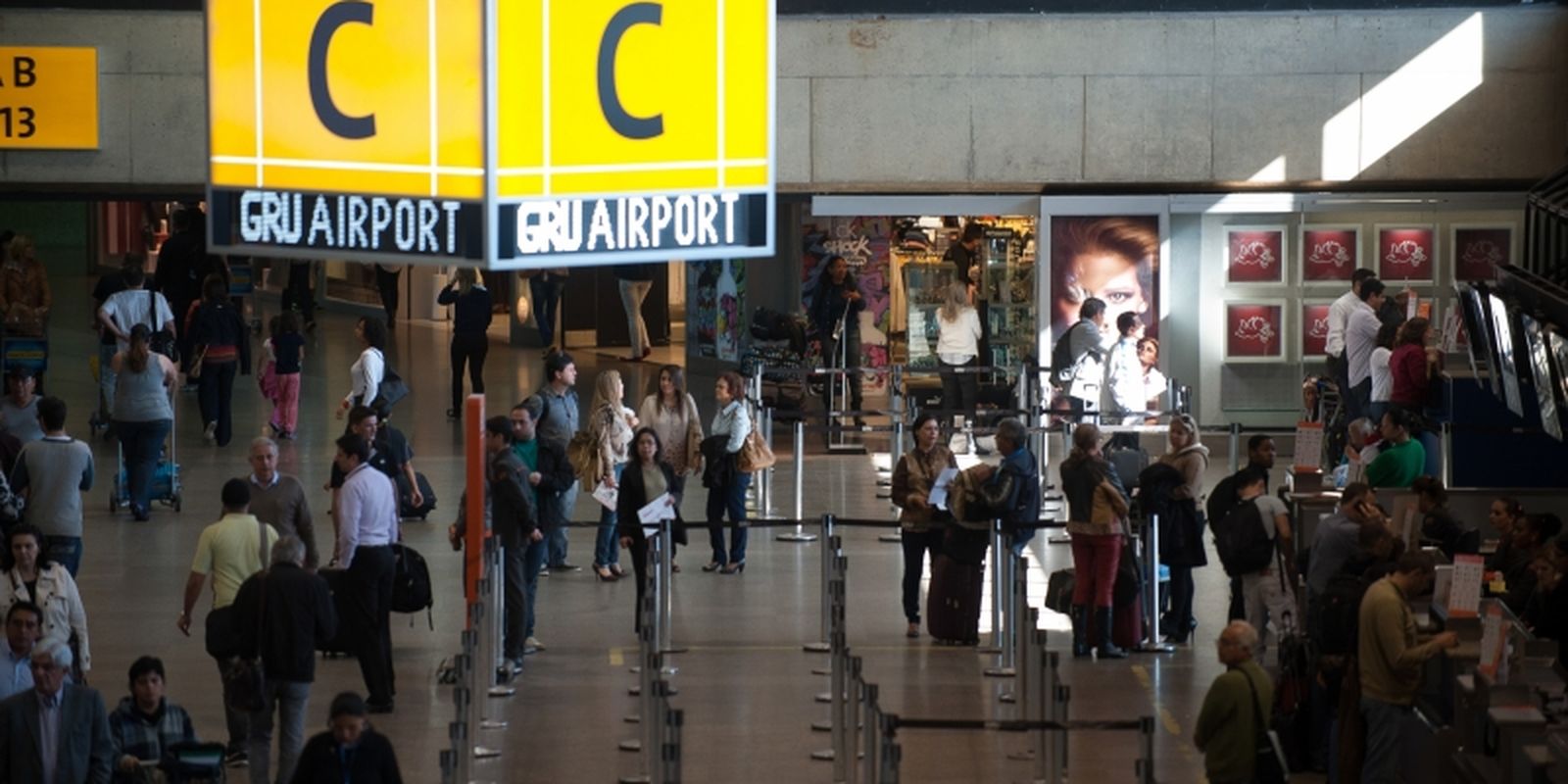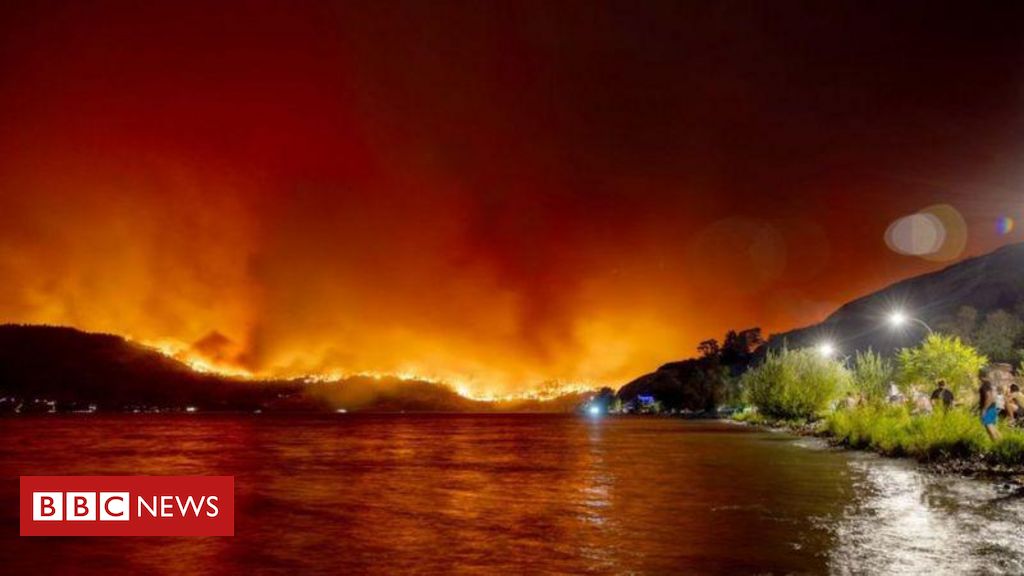After the west and the provinces of Alberta and Saskatchewan in early May, it is now the turn of the east and Nova Scotia to deal with fires of unprecedented magnitude.
“These conditions, at this time of year, are absolutely unprecedented and clearly cause for concern,” Public Safety Minister Bill Blair said.
Currently, there are 211 active fires in the country, 82 of which are uncontrolled, he detailed.
And the arrival of an extreme heat wave and strong winds in the east of the country could lead to “extreme behavior of the fire”, according to firefighters.
In Nova Scotia, the center of attention these days, 16 fires were active today. One hit the outskirts of the province’s main city, Halifax, and forced the evacuation of more than 16,000 people in the northwest of the city.
Smoke from the province’s fires, which have been raging for three days, has already reached the US Atlantic coast, even causing air pollution in New Jersey and parts of Pennsylvania.
In Western Canada, more than 60 fires are still raging in Albert, a month after the declaration of the state of emergency, and about twenty in Saskatchewan.
Canada, which is warming faster than the planet’s average, has been facing extreme weather events in recent years, the intensity and frequency of which are reinforced by climate change.

“Freelance communicator. Hardcore web practitioner. Entrepreneur. Total student. Beer ninja.”







